Victoria’s three-jab ruling a brake on tourism: Tehan
Victoria’s insistence that international tourists have third doses of vaccines to enter hospitality venues and major events has drawn the ire of Dan Tehan.
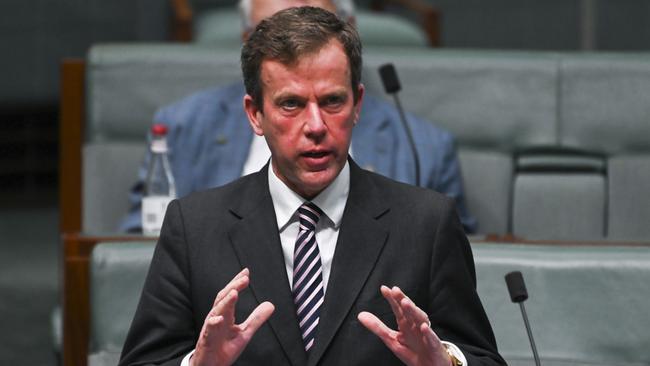
Victoria’s insistence that international tourists have third doses of Covid-19 vaccines to gain access to hospitality venues and major events has drawn the ire of federal Tourism Minister Dan Tehan, who says states need to remove rather than increase barriers to travel.
Victorian Premier Daniel Andrews on Tuesday said international visitors to his state would be subject to the same vaccination requirements as Victorians, which are soon likely to include mandatory third doses for access to hospitality venues and major events.
Victoria last month mandated the third dose for certain workers, including those in the health, education and aged-care sectors, and Mr Andrews has signalled he intends to apply the requirement to public venues in the near future.
After Monday’s announcement by Scott Morrison that international tourists would be allowed into the country from February 21, Tourism and Transport Forum chief executive Margy Osmond said restarting the cruise industry needed to be on the agenda at this week’s meeting of national cabinet. She said operators should at least be allowed to operate domestically.
“We’re suggesting a domestic bubble … where the cruise ships go around and around great parts of the Australia coast, to just start that part of the process,” Ms Osmond told The Australian.
“It doesn’t seem sensible to open borders and not plan for the cruise industry. Their lead time is so significant. As an industry, we would be very pleased if this was a conversation started between state premiers at national cabinet this week.”
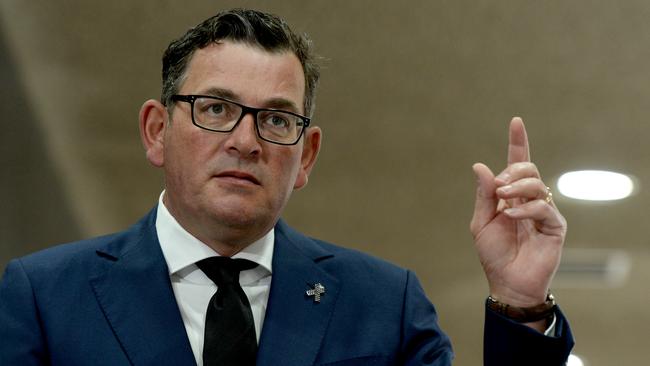
Mr Andrews welcomed the federal government’s announcement that international borders will reopen to tourists, saying he and other state leaders had been “a bit bemused” by previous plans to wait until Easter.
“That’s good for the economy, good for jobs,” he said. “The fact that being vaccinated remains a requirement … that’s obviously a really, really good outcome, and it’s about getting back to normal as best we can in the midst of a global pandemic.”
Having indicated for several weeks that he was hoping for the Australian Technical Advisory Group on Immunisation to advise national cabinet in favour of redefining full vaccination as three doses, Mr Andrews said he was keenly awaiting ATAGI’s advice.
“ATAGI must be getting very, very close, if not already, they must be getting very close to making that decision, and we’ve got a national cabinet meeting on Thursday and hopefully we can receive either before then or at that meeting a positive report, because all the international evidence, all the advice I get, from our team, is that three doses is what’s required in order to be as safe as you can be, in order to be protected, so let’s wait and see what that advice says,” he said.
Asked whether third dose mandates for hospitality venues and major events would apply to international tourists, Mr Andrews said: “Well, it’ll apply here, in the state of Victoria.”
As of Monday, 45.9 per cent of Victorian adults had received a third dose and 93.6 per cent of those aged 12 and over had received two doses. The move is at odds with the commonwealth after the Prime Minister on Monday confirmed travellers would need just two doses.
“It will be two,” Mr Morrison said. “There are various arguments around the world for three doses. Two doses is what the chief medical officer says is sufficient.”
Responding to Mr Andrews’ announcement, Mr Tehan said it was critical travel across Australia was made “as easy as possible”.
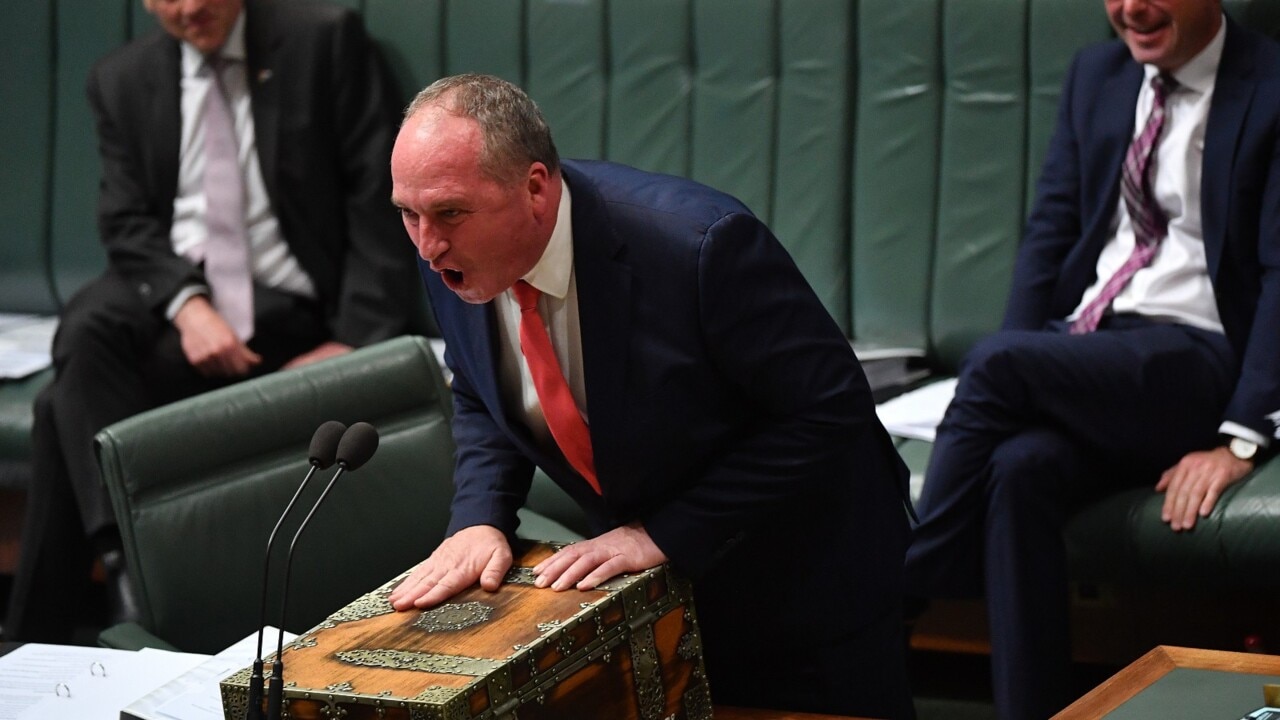
“When international tourists come to Australia for a holiday they want to see as much of our amazing country as possible, which means they plan multiple stops across more than one state or territory,” he told The Australian. “The best way to support our tourism recovery is to make travelling in Australia as easy as possible for visitors – that means removing barriers to travel and cutting red tape.”
Mr Tehan said the commonwealth was following the advice of “the medical experts”.
Joel Katz, managing director Australasia of the Cruise Lines International Association, said it was ridiculous that Australians could travel overseas to cruise but could not sail domestically.
“Before the pandemic, more than a million Australians took a cruise each year and we were one of the most prosperous cruise markets in the world,” he said.
“In dozens of other countries close to seven million people have already sailed under the stringent new health protocols introduced globally by cruise lines. These measures are in place and working, and we need an opportunity to implement them in Australia so we can revive an industry that previously supported more than 18,000 jobs.”
Clean Cruising general manager Dan Russell questioned how the federal government could justify extending the cruise ban. The ban was due to expire on February 17 but the industry was yet to receive any assurance it will be lifted on that date. “If they do extend the ban, it will represent the most absurd situation, with both tourists and Australians allowed to come and go and take a cruise in over 80 countries, yet Australians wouldn’t be allowed to cruise along their own coastline,” said Mr Russell.

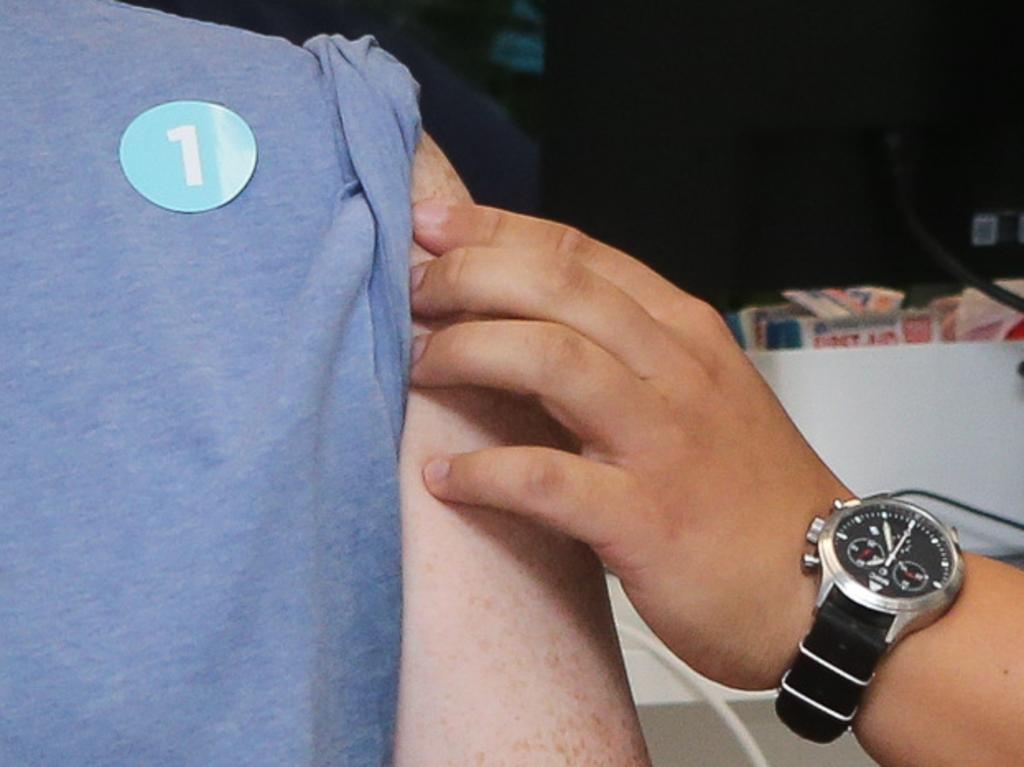
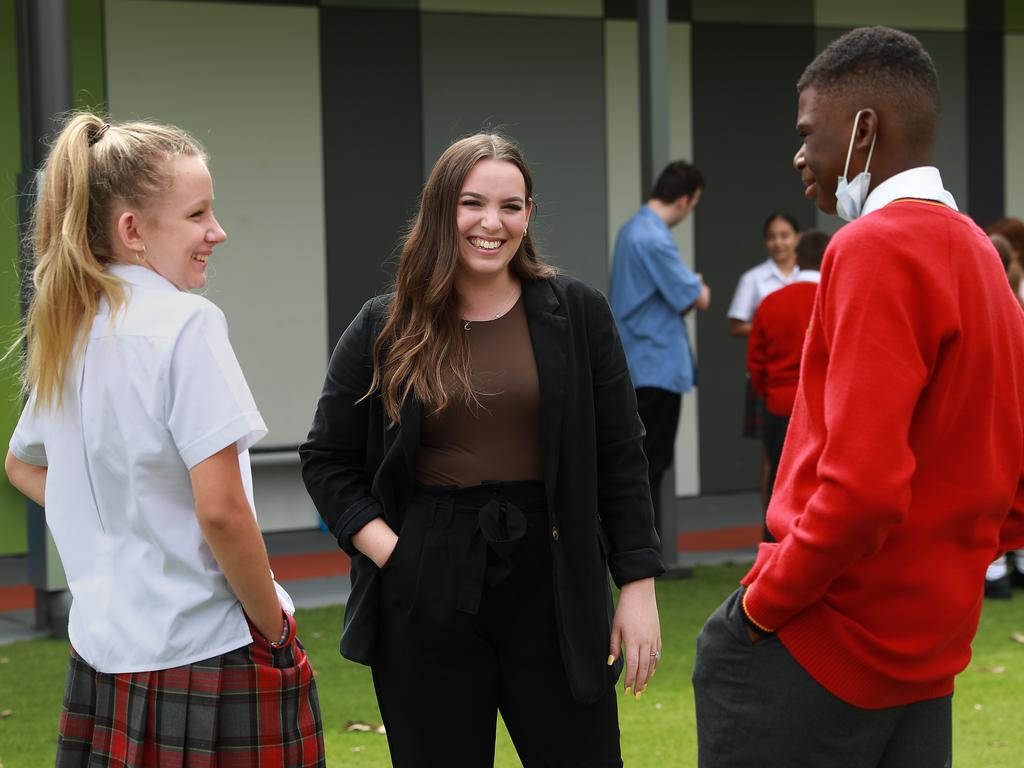
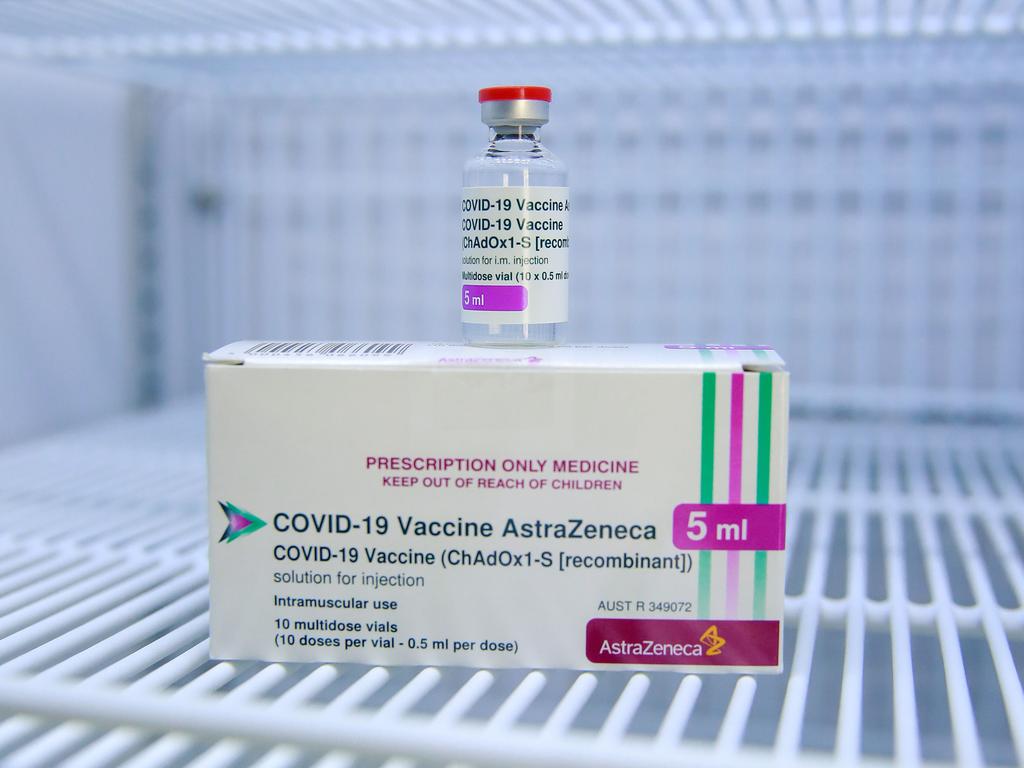


To join the conversation, please log in. Don't have an account? Register
Join the conversation, you are commenting as Logout